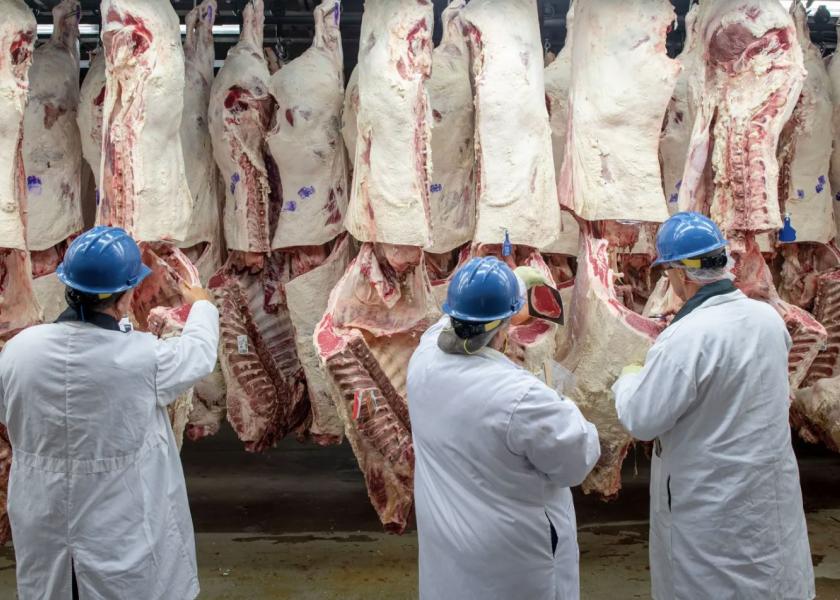NASDA Urges Federal Support for State Meat Inspection Programs

During the 2024 Winter Policy Conference, National Association of State Departments of Agriculture members passed an action item emphasizing the need to resume full federal cost-share for state meat and poultry inspection programs.
“To continue supporting and expanding the meat processing industry and the livestock sector, Congress and USDA must ensure consistent and reliable funding is available to sustain state meat and poultry inspection programs,” NASDA President Oklahoma Agriculture Secretary Blayne Arthur said. "State meat inspection programs provide services necessary for meat processors in many states. Recent funding shortfalls are detrimental to the resilience of state programs and must be immediately addressed.”
With the new action item, NASDA members will urge Congress to require USDA’s Food Safety Inspection Service to provide at least 50 percent funding match to state departments of agriculture to ensure the viability of state meat and poultry inspection programs. NASDA will likewise advocate for an increase in federal appropriations to the USDA Food Safety Inspection Service to ensure the agency can adequately fund these important state programs.
State departments of agriculture play a central role in leading outreach to local processors and hold regulatory authority over state inspected meat processing facilities. Twenty-nine state departments of agriculture operate state meat and poultry inspection programs and NASDA emphasizes the essential collaboration between state and federal meat inspection programs in both intrastate and interstate commerce, as outlined in NASDA’s policy.
Background
While the USDA’s Food Safety Inspection Service cooperative agreement model with states has historically provided up to the full 50 percent match required under the Federal Meat Inspection Act, states have seen a recent reduction in funds, impacting states like Ohio, which received only 43 percent federal funding in fiscal year 2023. If federal funding continues to be reduced – challenging the solvency of state programs – the Food Safety Inspection Service would be required to assume inspection responsibilities along with the full cost.
Federal and state government funding aimed at supporting independent meat and poultry processing businesses have contributed to a surge in state inspected slaughter establishments. However, the recent reduction in federal funding jeopardizes state services critical for assisting small to medium-sized processors to meet federal and state food safety regulations cost-effectively.







